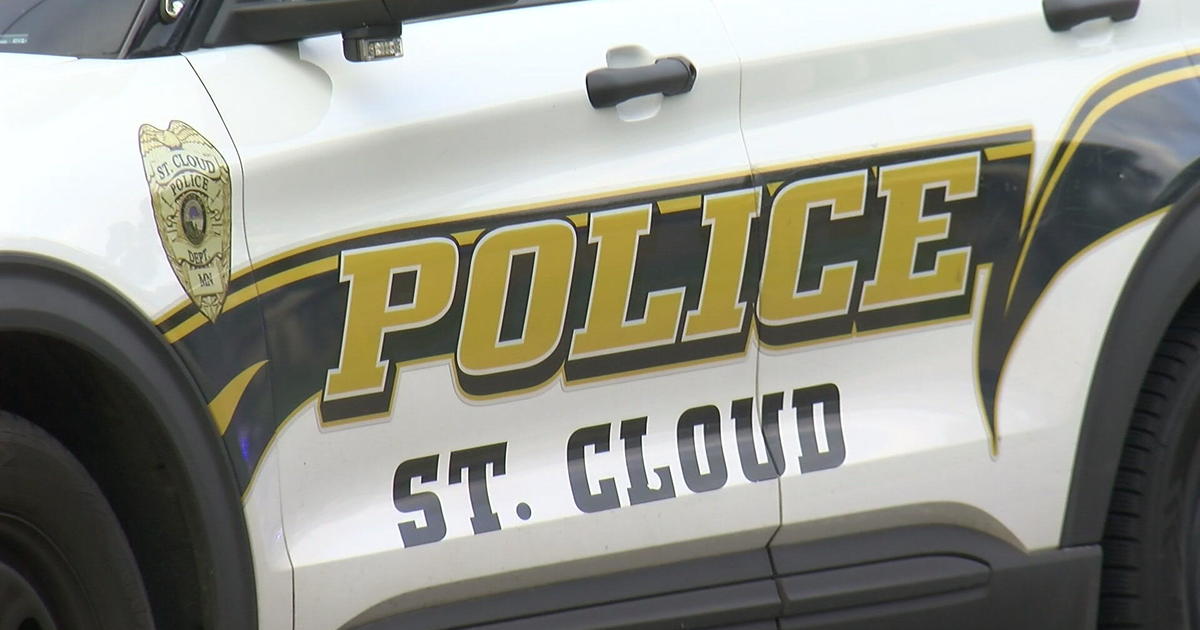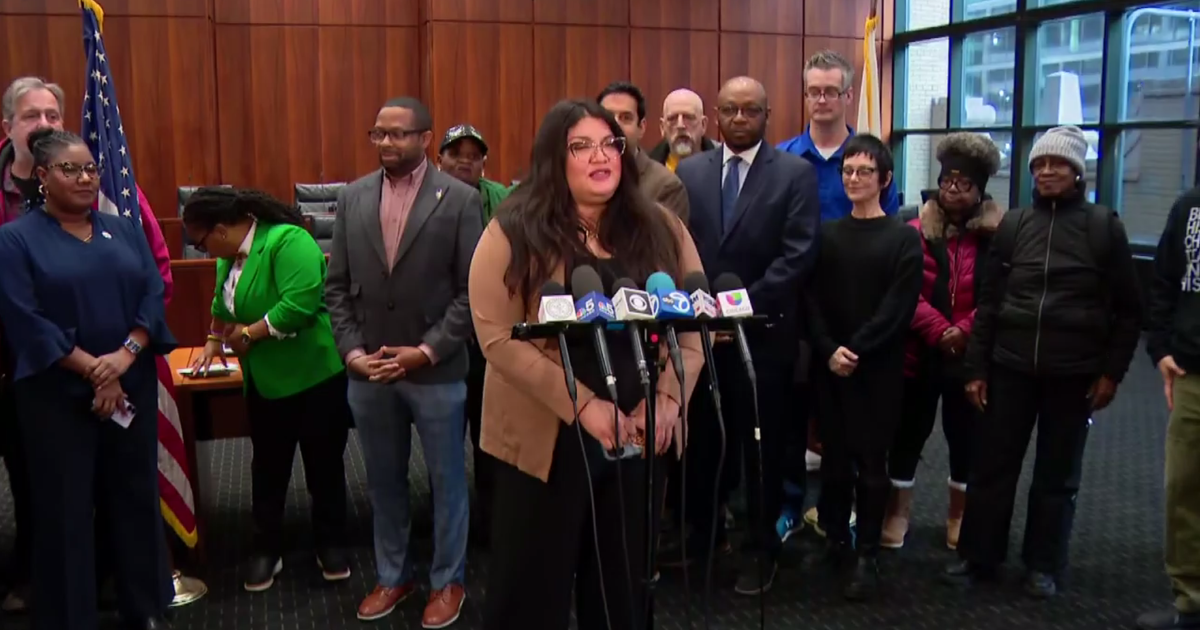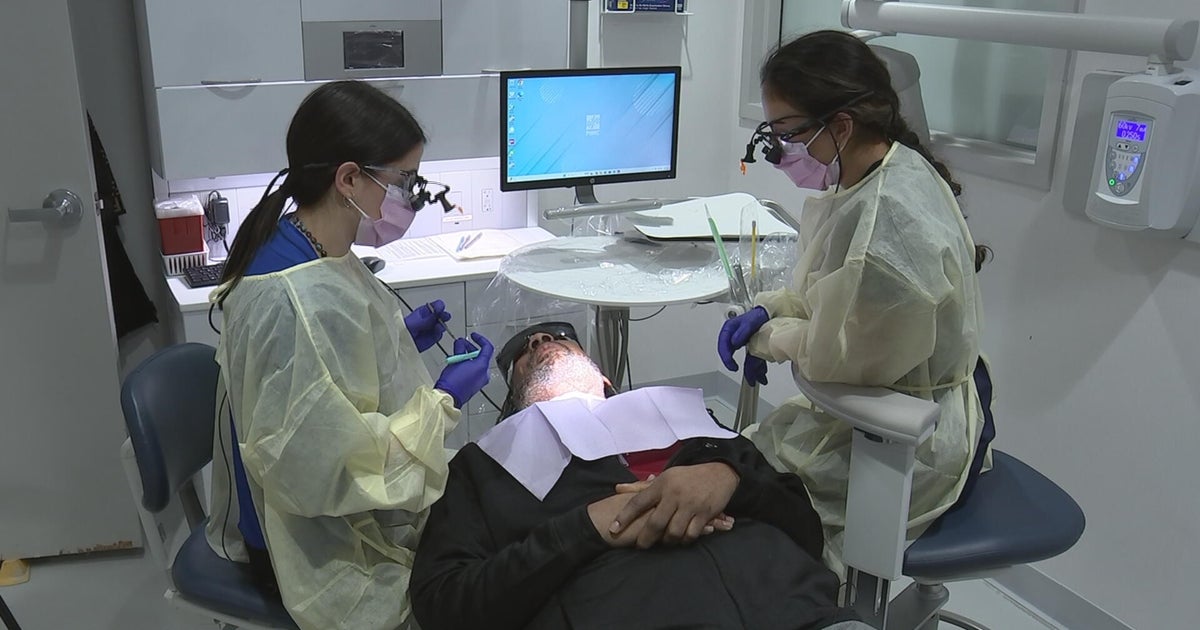Minnesota launches task force focused on problems facing rural EMS
ST. PAUL, Minn. — Minnesota's emergency services providers say they're facing a crisis of their own, prompting the state legislature to form a task force focused on solutions. It had its first meeting on Friday.
The EMS woes are particularly troubling in rural parts of the state, said to Rep. John Huot, an EMT for 30 years and the co-chair of the panel. He sounded the alarm that some communities can wait as long as 90 minutes to get the care they need.
"We need to fix a system that's on collapse," he said in a news conference.
The group will evaluate ideas to shore up the system and submit a report to the full legislature by 2025, if not sooner, he added.
Industry leaders say the challenges are clear and have compounded over time. Dr. Mike Wilcox, a physician in New Prague who has been the medical director for rural EMS organizations, explained that among the key issues is the funding mechanism for services: EMS generates money based on call volumes—how many times providers take patients to a hospital. And in less populated areas, there aren't as many transports.
RELATED NEWS: Domestic violence calls among the most dangerous for officers, police say
Reimbursement rates for services when patients are on Medicaid or Medicare may also be low. And then there are staffing challenges exacerbated by fewer volunteers raising their hands to help operate the local ambulance services, he said.
There are fewer people entering the profession than there are those leaving it, according to a state report. Low pay is a big factor.
Nationwide, one-third of EMTs quit in 2021.
"When the pandemic hit us two to three years ago, it really escalated the problem," Wilcox said. "We've had significant burnout of our EMS providers both in rural and metro areas and this has been truly problematic."
One small step to improve staffing is a new a program to break down some barriers to getting trained. Lawmakers this year funded 600 scholarships of $5,000 a piece to train paramedics, who have more specialized skills than EMTs.
MORE NEWS: Man shot by St. Paul officer dies, identified as 24-year-old Brandon Keys
The panel, which had an hours-long discussion Friday, will travel across the state for subsequent meetings to hear about the needs directly from Minnesotans.
"This is a timely issue and an important task force because the health of Minnesotans can't wait," said Senator Judy Seeberger, DFL-Afton, who is a paramedic when she's not working at the capitol.
Continue to follow this story for more updates on WCCO News and online at CBS News Minnesota.








